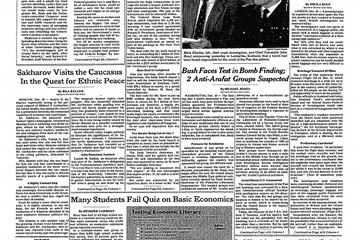The Importance of Knowing the Exact Time in Today’s World

Introduction
In a world that thrives on precision and punctuality, understanding the exact time has become increasingly vital. The exact time influences everything from business operations to personal schedules and global communications. As we continue to rely heavily on technology and interconnected systems, the importance of synchronising our clocks accurately cannot be overstated.
The Basis of Exact Time
The concept of ‘exact time’ refers to the precise measurement of time, which is crucial for a multitude of reasons. For instance, the world’s time standards are governed by Coordinated Universal Time (UTC), which is maintained using highly accurate atomic clocks. These timekeeping devices ensure that people across the globe can coordinate their activities effectively. As technology advances, so does our capacity to measure time more accurately, down to fractions of a second.
Impact on Daily Life
In daily life, knowing the exact time helps people manage schedules, attend meetings on time, and even plan leisure activities. Public transportation systems, for example, operate on strict timetables, and any discrepancies can lead to significant confusion and inconvenience. Moreover, in the era of remote work, team members spread across different time zones rely on accurate time synchronisation for productivity.
Technology and Global Communications
The significance of exact time extends to technology and global communications where systems depend on time stamps for data transfer and operations. The Global Positioning System (GPS), which people use for navigation, requires highly accurate time signals to work correctly. Even minor errors in time measurement can lead to substantial navigational mistakes, impacting everything from shipping logistics to autonomous vehicles.
Conclusion
The exact time is more than just a number on a clock; it is a critical element that underpins many aspects of modern life. As we move forward, the demand for accurate timekeeping will likely grow, especially with the expansion of technology that relies on precise timing. Adopting advancements in timekeeping technology will be essential to streamline operations further, improve efficiency, and prevent disruptions in an increasingly interdependent world. As we reflect on the significance of time, it becomes clear that maintaining a consensus on exact time is imperative, regardless of location or context.









